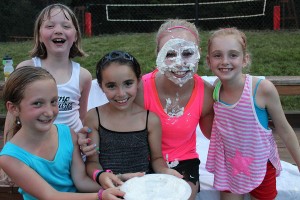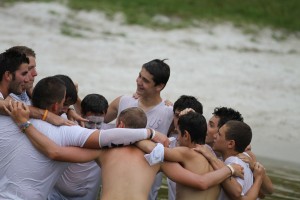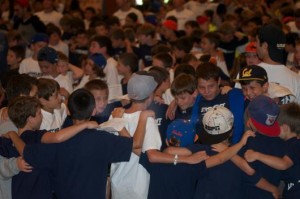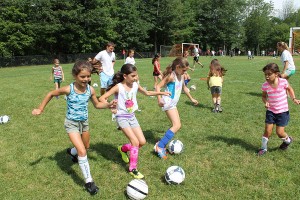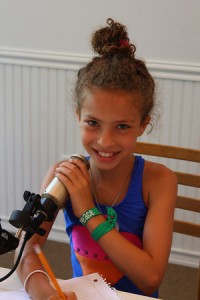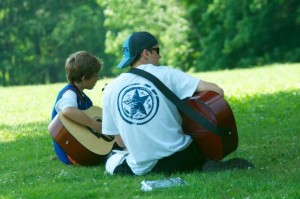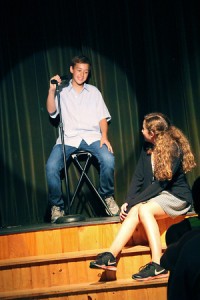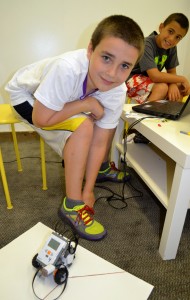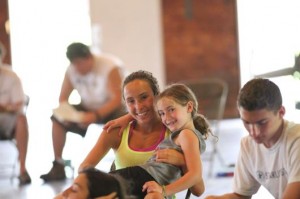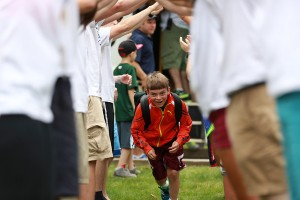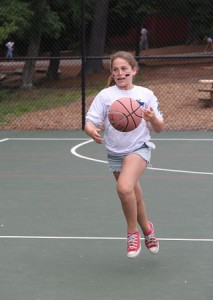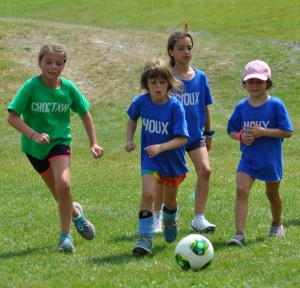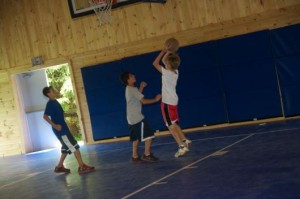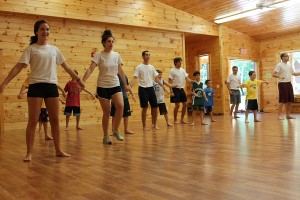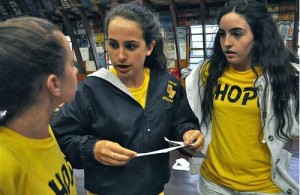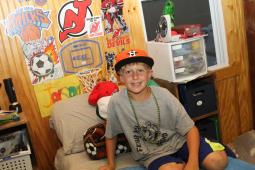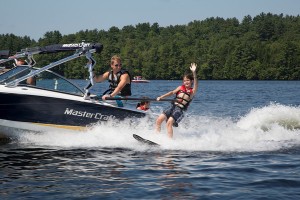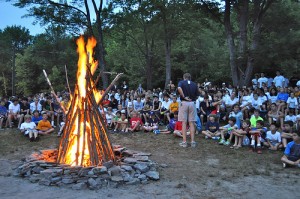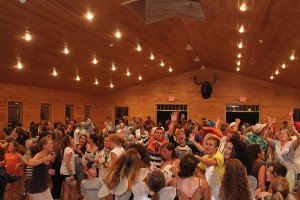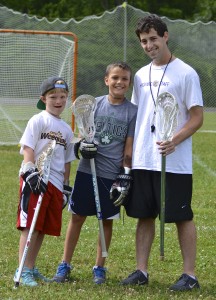 Summer camp staff who thought they were just heading off for a summer job a couple of months ago are surprised to find that transitioning from camp life back to “real” life requires a bit of adjustment. Two months doesn’t seem very long in the context of real life. Most people in real life get up in the morning, go to work or school and then come home. Their environment as well as the people and things in it change several times throughout the day. At camp, however, staff are surrounded by the same campers, the same co-workers, and the same bunk or cabin mates day and night. The environment is fixed. This is what many people love about working at summer camp, and it does have many advantages.
Summer camp staff who thought they were just heading off for a summer job a couple of months ago are surprised to find that transitioning from camp life back to “real” life requires a bit of adjustment. Two months doesn’t seem very long in the context of real life. Most people in real life get up in the morning, go to work or school and then come home. Their environment as well as the people and things in it change several times throughout the day. At camp, however, staff are surrounded by the same campers, the same co-workers, and the same bunk or cabin mates day and night. The environment is fixed. This is what many people love about working at summer camp, and it does have many advantages.
In the real world, two months isn’t a significant amount of time to form friendships or lifelong bonds.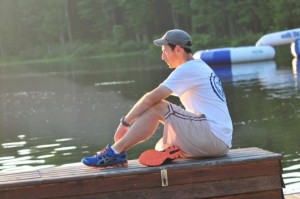 But sleepaway camp isn’t the “real” world. It’s very easy to make friends when one spends so many hours of each day surrounded by the same people. The absence of technology encourages interpersonal communication, which means one gets to know a lot about others in a very short amount of time—more than you ever thought. Most camp staff also never thought they’d get so attached to their campers in such a short period of time. But they did. They cried when they said goodbye to their campers and again when they said goodbye to their co-counselors, now friends.
But sleepaway camp isn’t the “real” world. It’s very easy to make friends when one spends so many hours of each day surrounded by the same people. The absence of technology encourages interpersonal communication, which means one gets to know a lot about others in a very short amount of time—more than you ever thought. Most camp staff also never thought they’d get so attached to their campers in such a short period of time. But they did. They cried when they said goodbye to their campers and again when they said goodbye to their co-counselors, now friends.
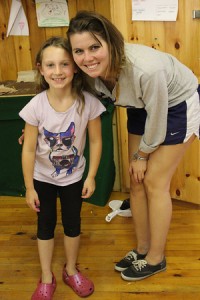 But now that camp is over and it’s time to live in the real world again for the next ten months, staff members are just starting to realize how much camp fever they caught over the summer. They find themselves wandering aimlessly listening for PA announcements or bugle calls to signify what time of the day it is, where to go, what to do, and when to eat. They walk into a supermarket and wonder what they should buy because their meals have been planned for them all summer, and peruse the aisles amongst surroundings that feel slightly surreal. Then the reality that they’re not at camp anymore finally hits them. They’re campsick.
But now that camp is over and it’s time to live in the real world again for the next ten months, staff members are just starting to realize how much camp fever they caught over the summer. They find themselves wandering aimlessly listening for PA announcements or bugle calls to signify what time of the day it is, where to go, what to do, and when to eat. They walk into a supermarket and wonder what they should buy because their meals have been planned for them all summer, and peruse the aisles amongst surroundings that feel slightly surreal. Then the reality that they’re not at camp anymore finally hits them. They’re campsick.
Camp sickness is a common post camp feeling for campers, but many people don’t realize that staff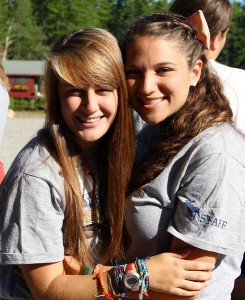 members get campsick too. They get teary eyed when they’re driving along in their cars and a song that was popular at camp during the summer plays on the radio. They follow the camp Facebook page and remember the fun all over again. They even wear their staff shirts on occasion. But maybe the most valuable thing that lives on after camp are the friendships that are formed there. Even for those staff members who can’t return to camp summer after summer, it’s a great feeling knowing that two months in the camp world was enough to form solid friendships with people from all over the globe. The camp world is small, but the “real” world feels much smaller too after one has worked at summer camp.
members get campsick too. They get teary eyed when they’re driving along in their cars and a song that was popular at camp during the summer plays on the radio. They follow the camp Facebook page and remember the fun all over again. They even wear their staff shirts on occasion. But maybe the most valuable thing that lives on after camp are the friendships that are formed there. Even for those staff members who can’t return to camp summer after summer, it’s a great feeling knowing that two months in the camp world was enough to form solid friendships with people from all over the globe. The camp world is small, but the “real” world feels much smaller too after one has worked at summer camp.

 570-798-9831
570-798-9831
